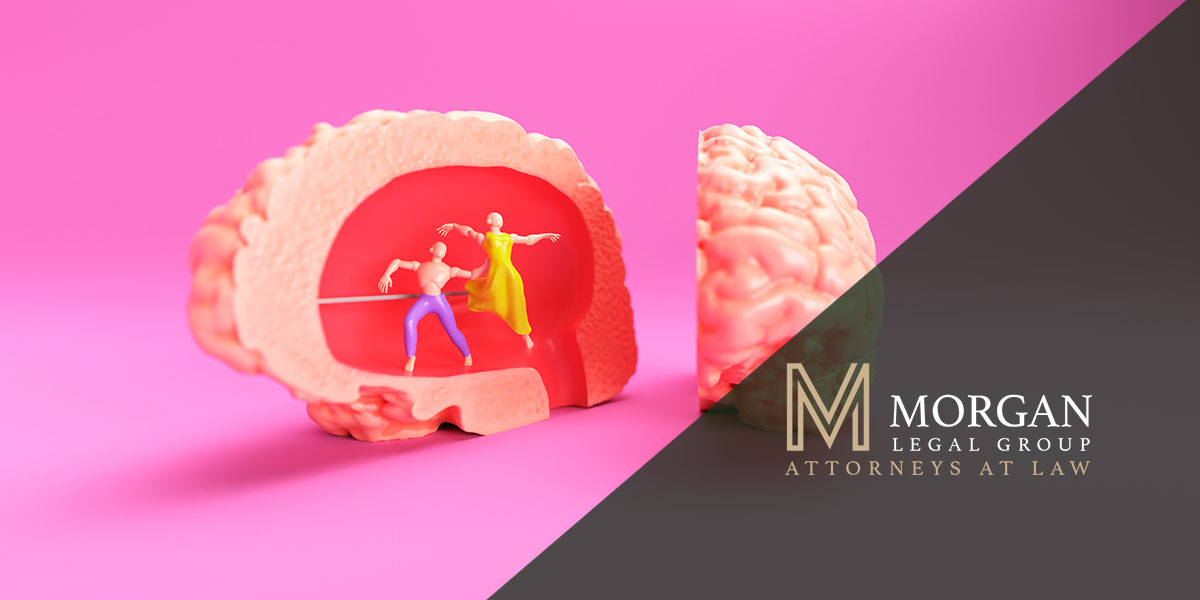The Significance of Cognitive Trust in Legal Relationships
In the realm of law, trust forms the cornerstone of every client-lawyer relationship. Cognitive trust, a concept deeply rooted in the perception of competence and reliability, plays a pivotal role in establishing and nurturing these professional bonds. At Morgan Legal Group in Miami, we delve into the essence of cognitive trust, underscoring its importance in legal practices and client interactions.
Defining Cognitive Trust
Cognitive trust is based on the belief in someone’s reliability, knowledge, and competence. In legal contexts, it reflects a client’s confidence in their lawyer’s ability to provide expert advice, manage sensitive information discreetly, and navigate complex legal systems effectively.
The Pillars of Cognitive Trust in Law
Building cognitive trust involves several key factors:
- Expertise: Demonstrating legal knowledge and skill.
- Consistency: Offering reliable and predictable services.
- Integrity: Adhering to ethical standards and honesty.
Establishing Cognitive Trust with Clients
For lawyers, cultivating cognitive trust begins with the first interaction. Clear communication, demonstrating legal acumen, and understanding client needs are crucial steps. This trust is further solidified through consistent performance and ethical practice.
The Impact of Cognitive Trust on Legal Outcomes
Cognitive trust not only influences client satisfaction but also impacts case outcomes. Clients who trust their lawyers are more likely to share relevant information, follow legal advice, and engage cooperatively throughout the legal process.
Challenges to Cognitive Trust in Legal Practices
Building and maintaining cognitive trust is not without challenges. Miscommunications, unmet expectations, and ethical dilemmas can erode trust. Addressing these issues promptly and effectively is essential for trust preservation.
Measuring Cognitive Trust in Legal Relationships
Assessing cognitive trust involves evaluating client feedback, engagement levels, and satisfaction. Regular check-ins and surveys can provide valuable insights into the health of the client-lawyer relationship.
Strategies for Enhancing Cognitive Trust
Enhancing cognitive trust requires a proactive approach:
- Continued Education: Staying updated with legal advancements to provide informed counsel.
- Transparency: Being open about processes, fees, and case progress.
- Empathy: Understanding and addressing client concerns and emotions.
Cognitive Trust and Technology
In the digital age, technology plays a significant role in building cognitive trust. Efficient use of legal tech can improve service delivery, transparency, and client communication, further enhancing trust.
Conclusion: The Foundation of Successful Legal Relationships
Cognitive trust is the bedrock of effective legal relationships. At Morgan Legal Group in Miami, we are committed to fostering this trust through expertise, integrity, and client-centered practices. Understanding and prioritizing cognitive trust can significantly improve client relationships and legal outcomes.
Contact Morgan Legal Group for Trusted Legal Advice
If you’re seeking a legal partnership grounded in cognitive trust, contact Morgan Legal Group. Our dedicated team in Miami is ready to provide the competent, reliable, and ethical legal services you deserve.

